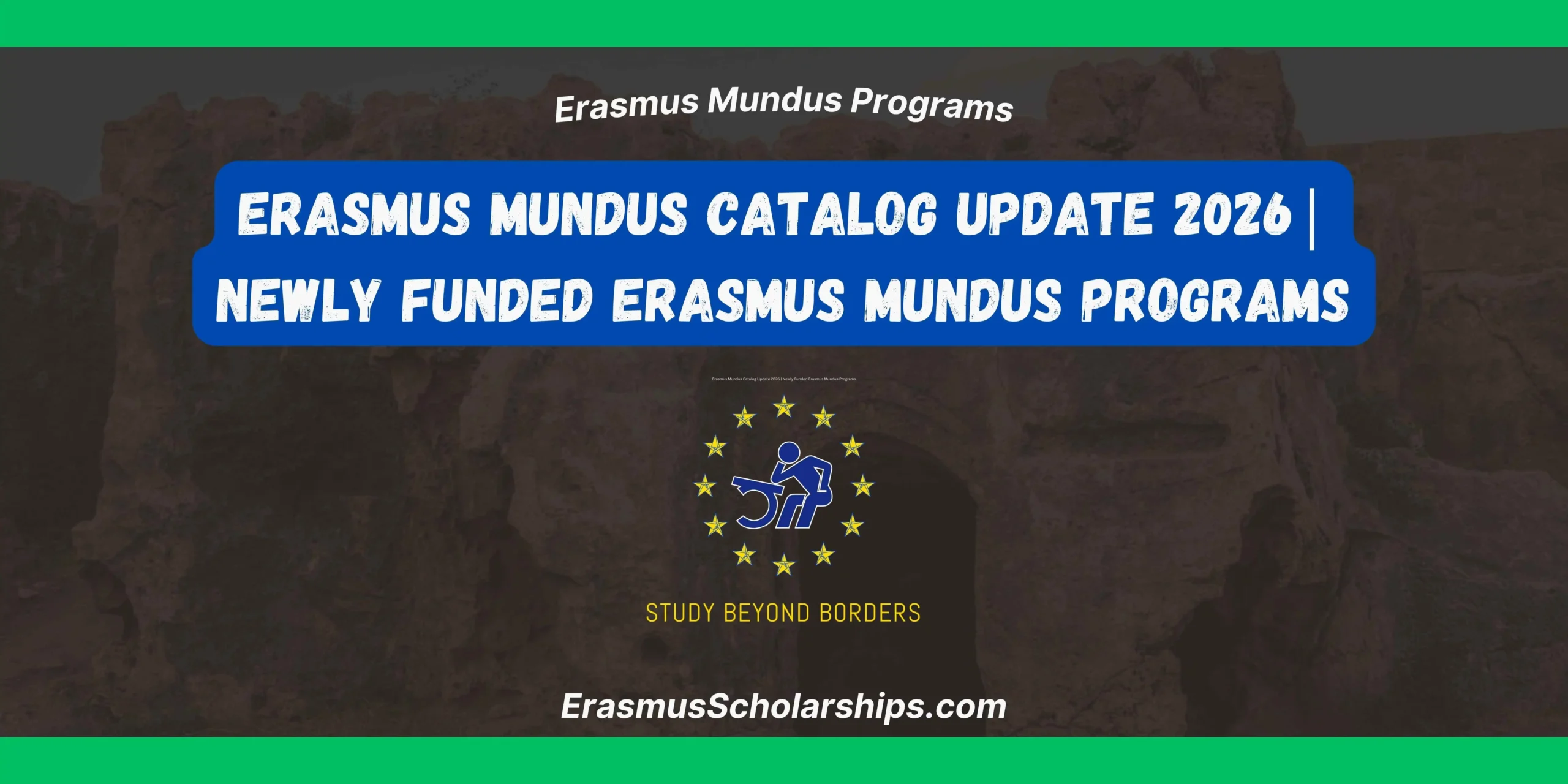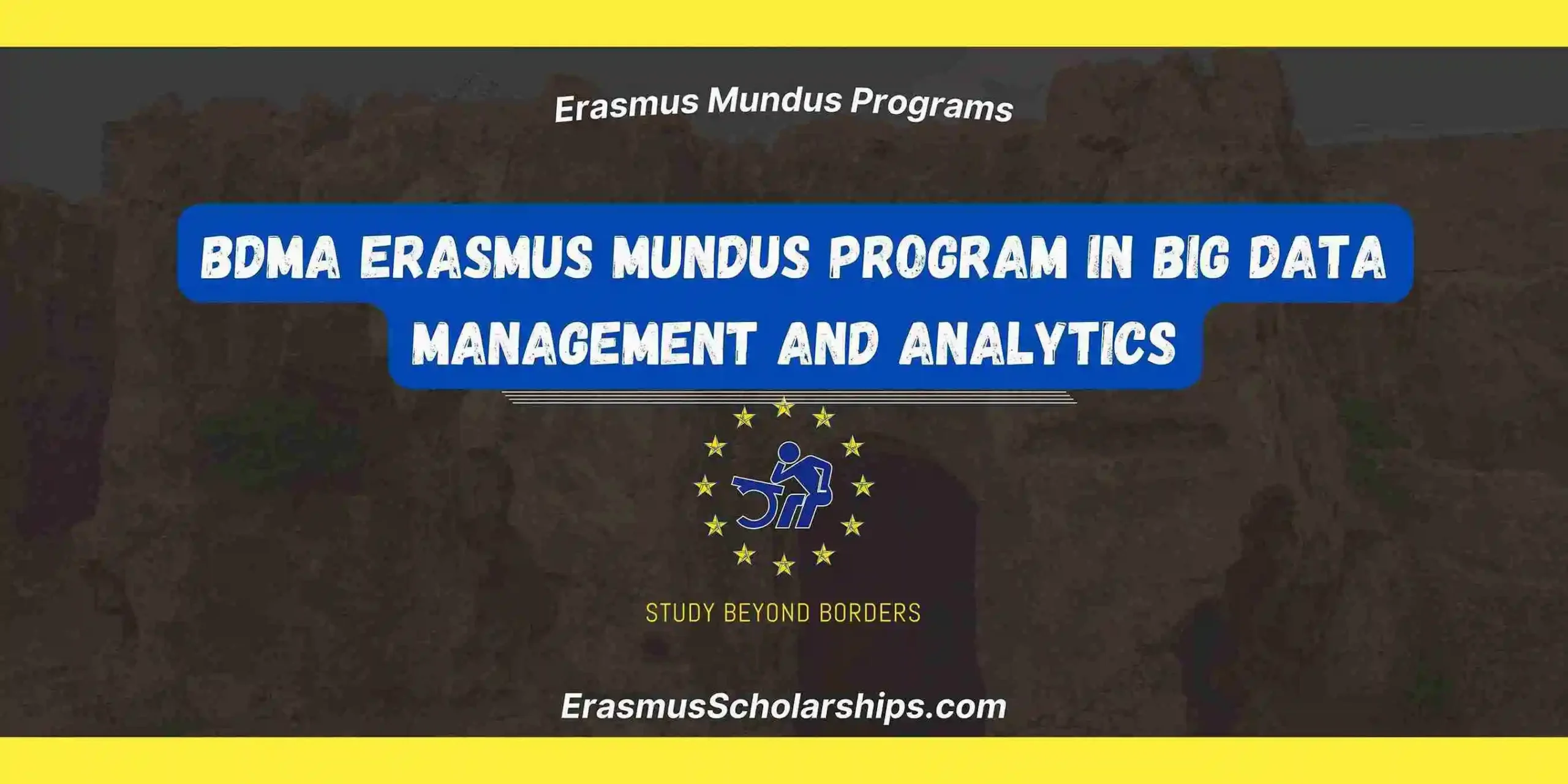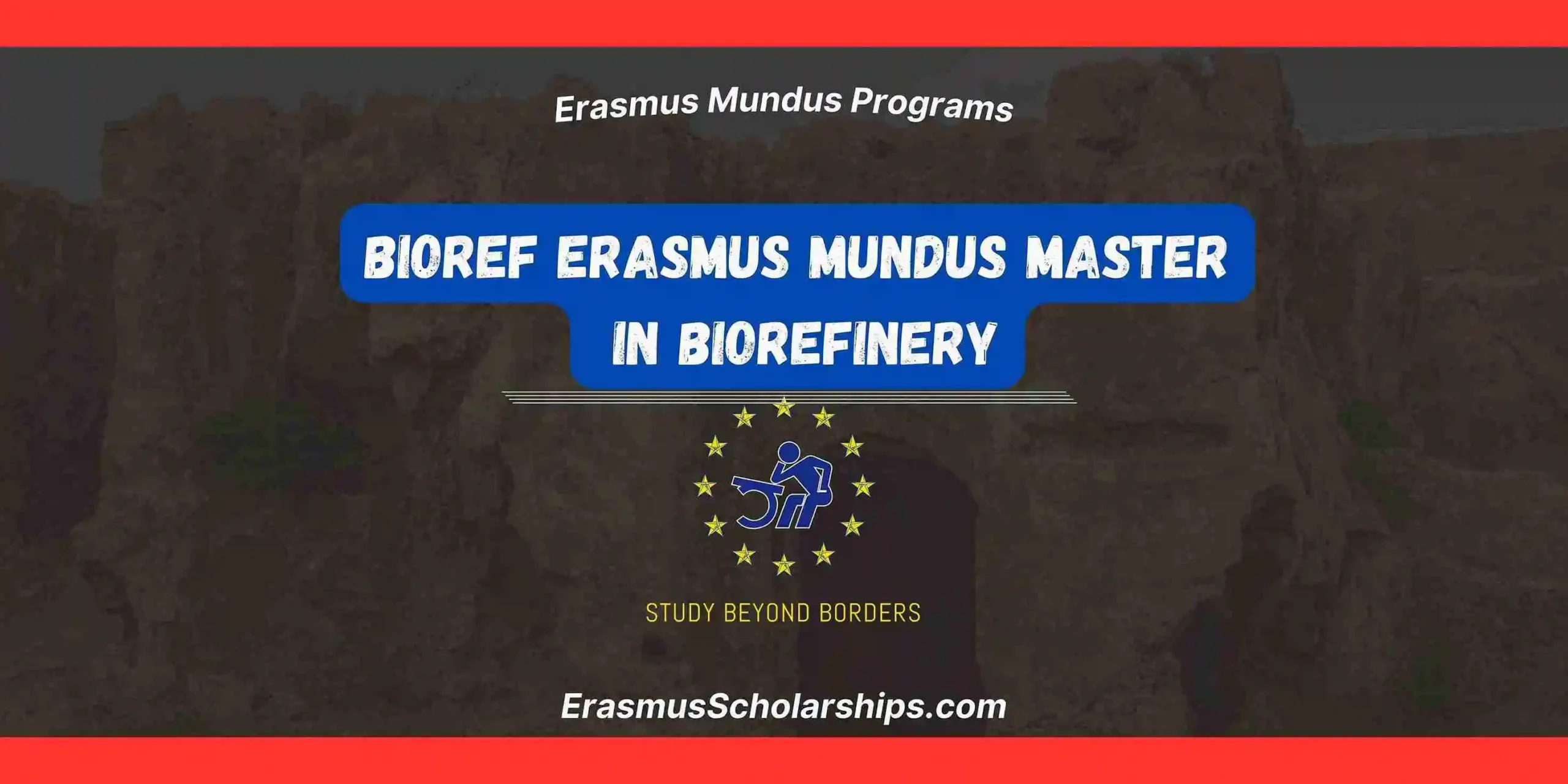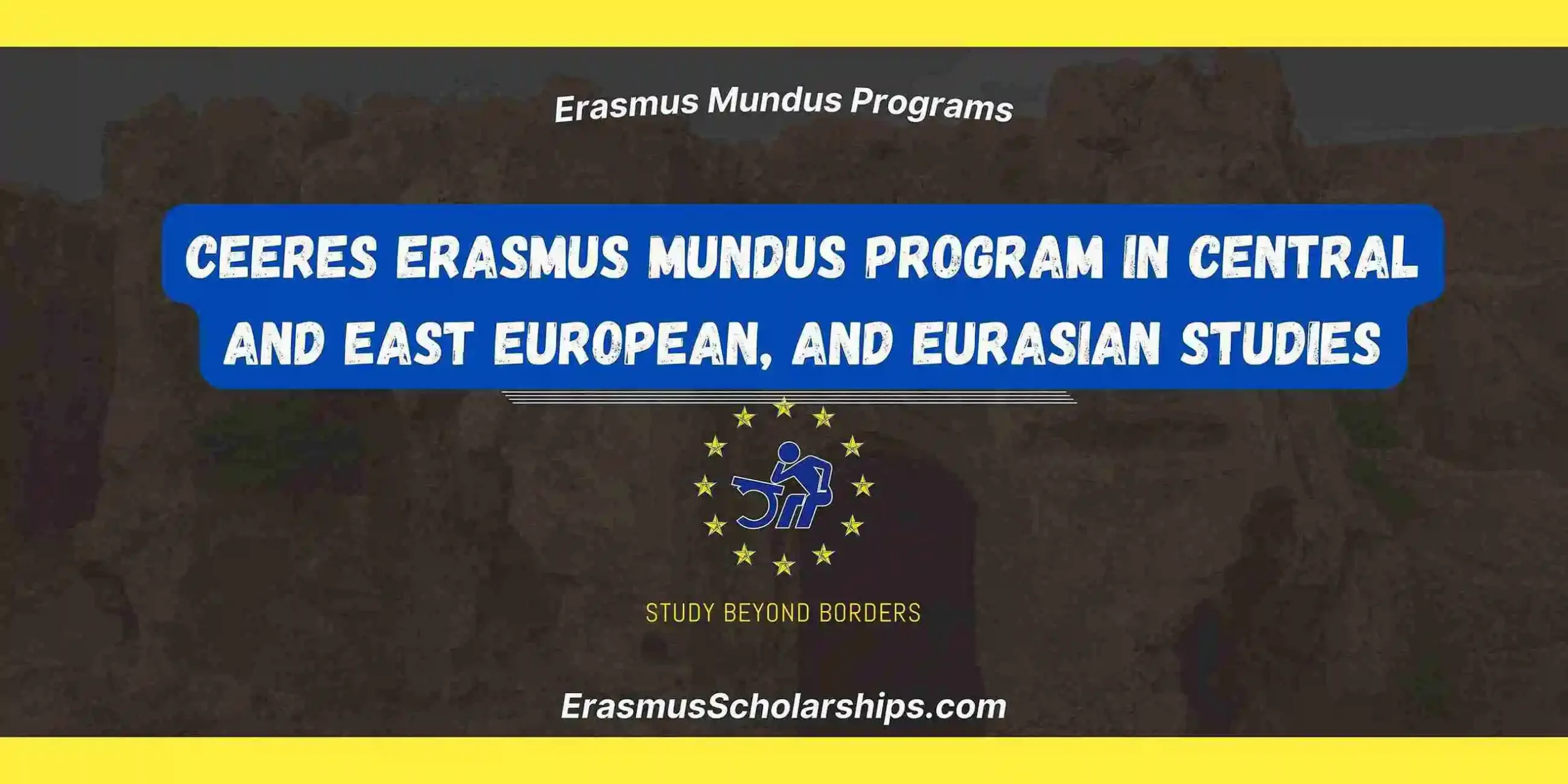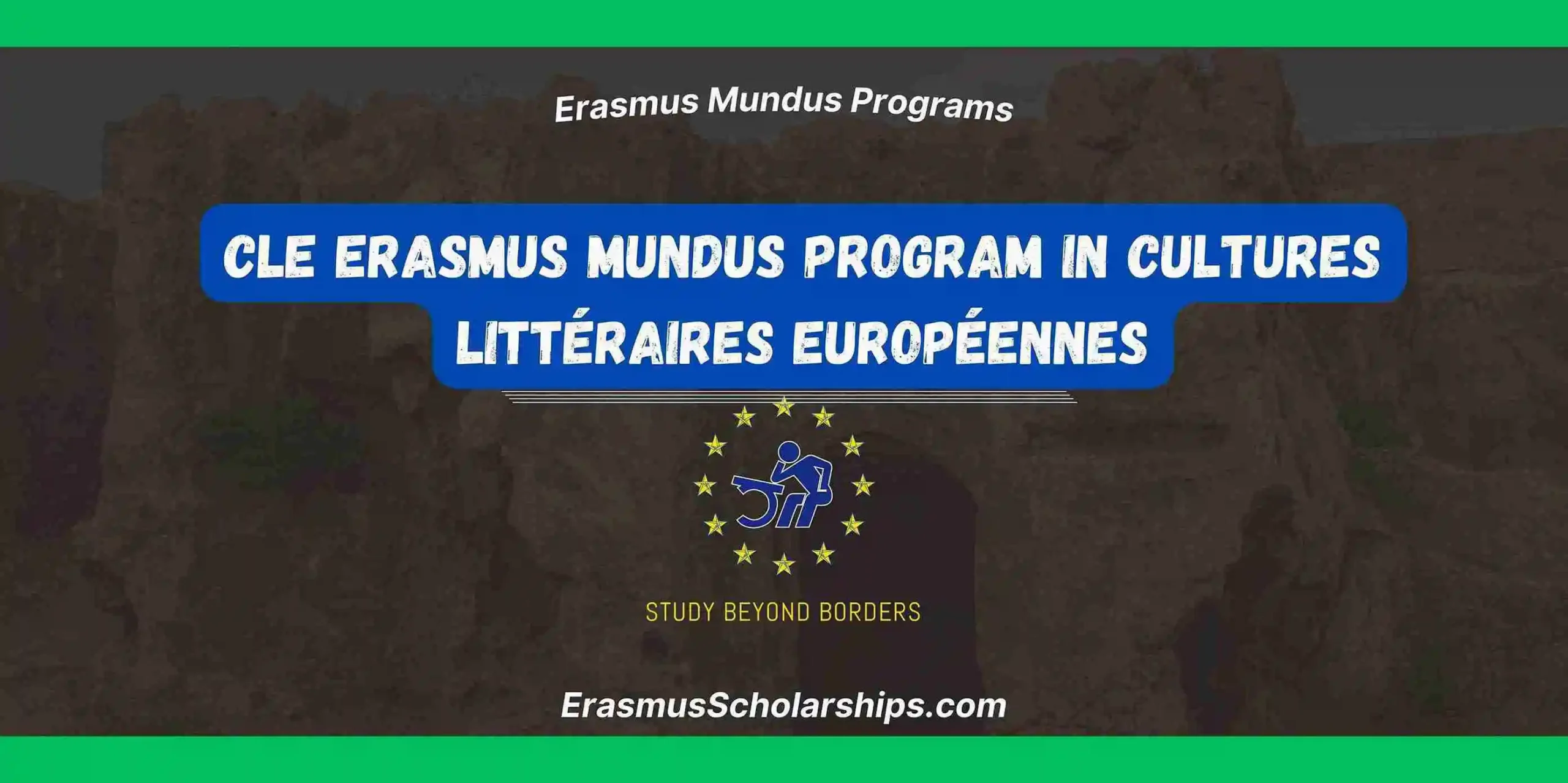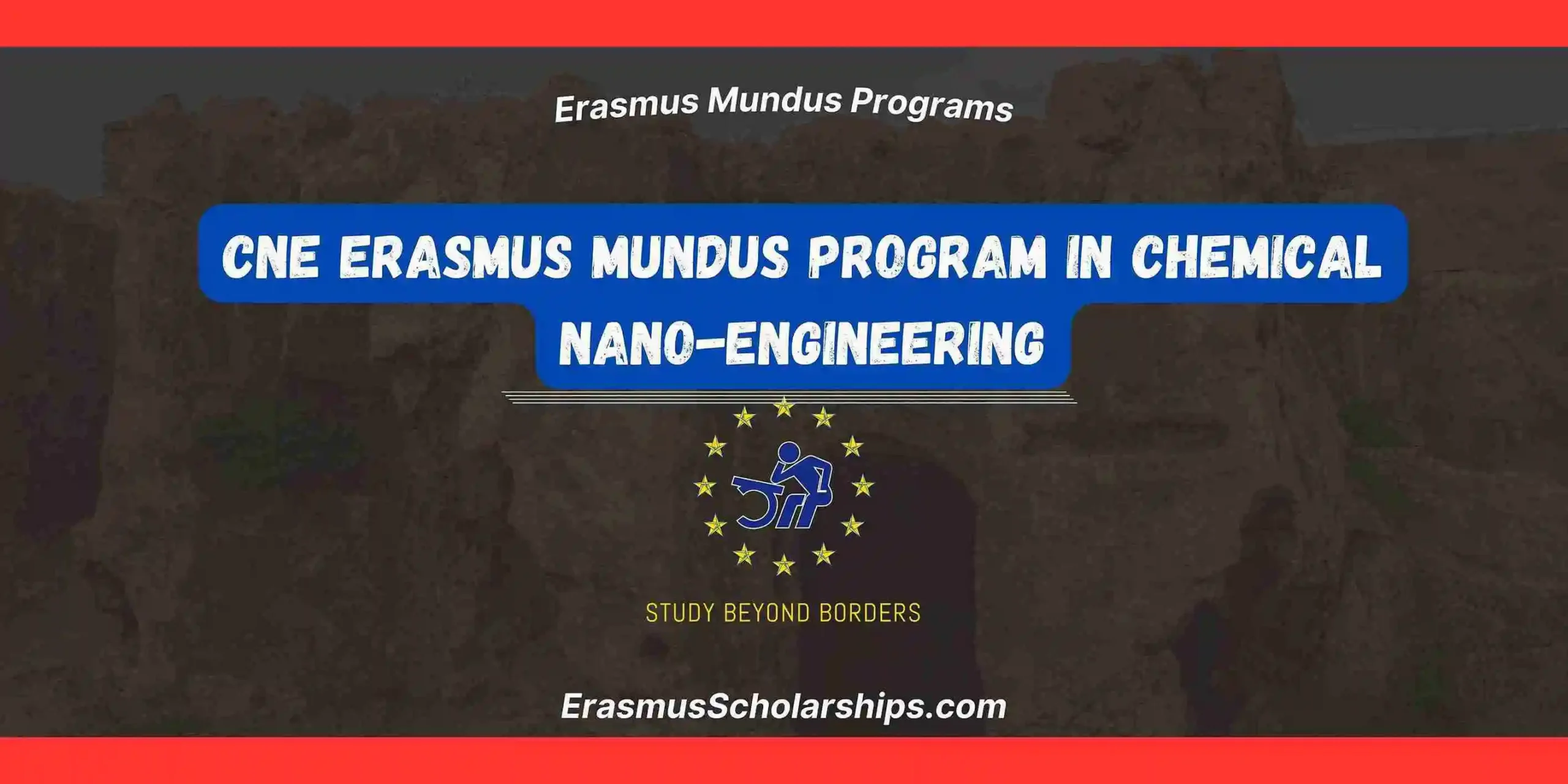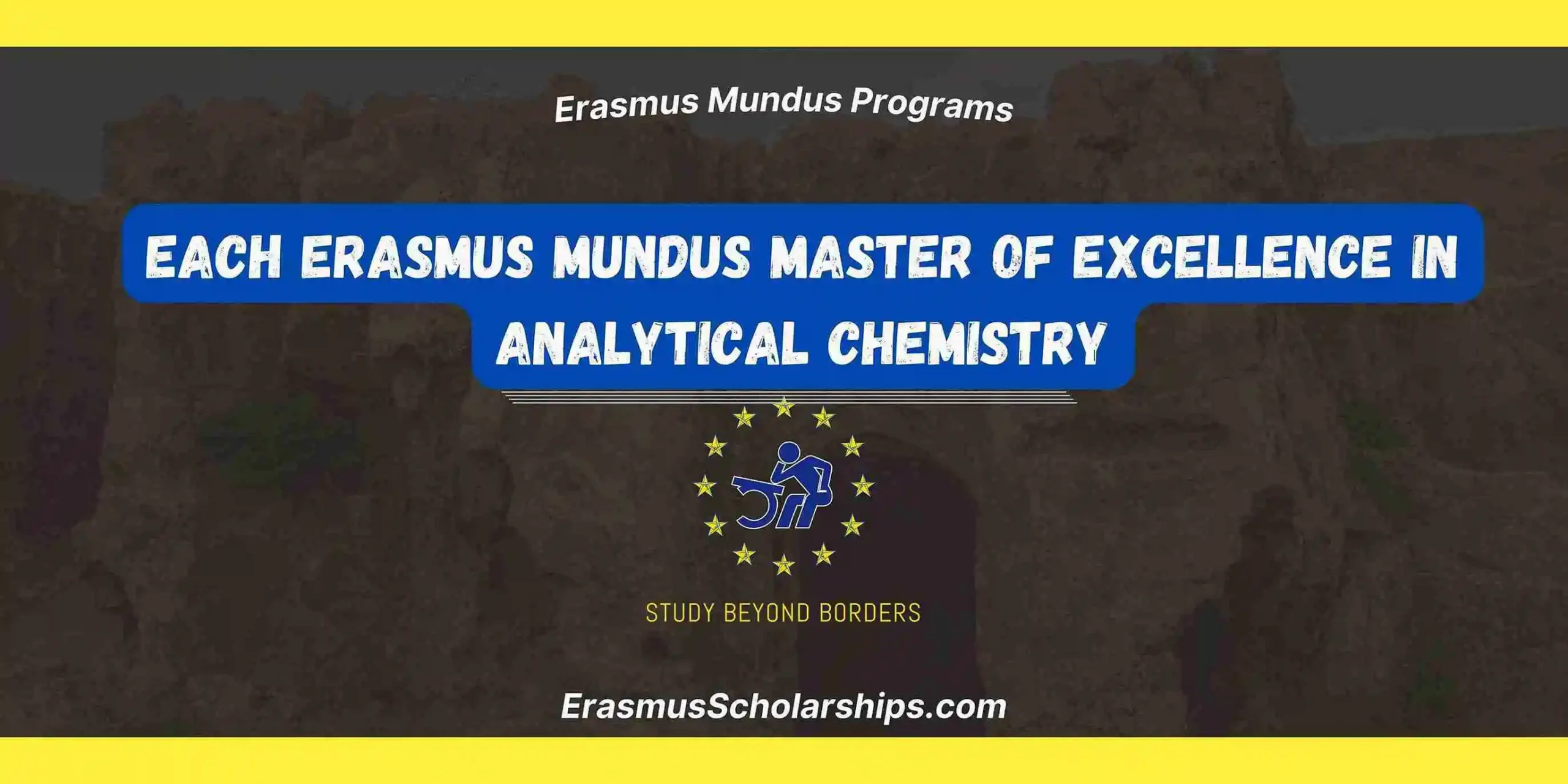The NOHA Erasmus Mundus Joint Master’s Degree Programme in International Humanitarian Action is a distinguished multidisciplinary postgraduate offering that delivers exceptional academic education and professional competencies to those aspiring to excel in humanitarian action. Officially established in 1993 with the support of the European Commission, the programme combines rigorous theoretical and analytical training with hands-on, real-world applications in humanitarian contexts . It remains one of the first Erasmus Mundus programmes in Europe, with continued funding and recognition from the European Commission as recently as 2020
This prestigious master’s boasts an international, interdisciplinary faculty with over 150 in-house experts and practitioners, and a vibrant alumni network of more than 3,500 humanitarian professionals serving globally. Central to the NOHA Erasmus Mundus experience is mobility, students rotate through various partner universities, fostering deep cultural exchanges, language learning, and enriched academic collaboration
Project Status
- Status: Ongoing
- Start date 01-09-2020
- End date 31-08-2026
- Action Type: Erasmus Mundus Joint Master
- Universities Involved
- Countries Involved
The NOHA Erasmus Mundus program is a Master’s in International Humanitarian Action offered by leading European universities
| Aix-Marseille Université |
| University of Malta |
| Rijksuniversiteit Groningen |
| Ruhr-Universität Bochum |
| Universidad de Deusto |
| University College Dublin |
| France |
| Malta |
| Netherlands |
| Germany |
| Spain |
| Ireland |
This cross-border collaboration allows students to gain an international perspective while studying and researching in the heart of Europe’s academic and industrial hubs.
Description of the NOHA Erasmus Mundus Program
This programme is a collaboratively managed Joint Master’s between universities, offering a multidisciplinary curriculum emphasizing theoretical grounding, practical skills, and mobility. It develops leaders equipped to navigate complex humanitarian crises, promoting intercultural competence, ethical leadership, and strategic humanitarian practices
Key features of the NOHA Erasmus Mundus Program
- Mobility: Mandatory student rotations across multiple universities for cultural immersion and academic diversity
- Interdisciplinary Faculty: Over 150 experts blending theory with field experience
- Strong Alumni Network: 3,500+ graduates worldwide in humanitarian roles
- Practical Placement: Includes regional training and internships integrated into curriculum
- Research and Ethics Focus: Strong emphasis on strategic humanitarian leadership, ethics, and research competence
Mobility tracks of the NOHA Erasmus Mundus Program
- Foundation Period (Semester I)
- Begins with an Intensive Programme in Warsaw (5 ECTS) followed by common courses at home university (25 ECTS)
- Specialisation Period (Semester II)
- Students choose another NOHA university for focused thematic courses (20 ECTS) plus shared courses
- Contextualisation Period (Semester III)
- Option A: Regional training in global partner regions (30 ECTS) such as Asia-Pacific, Latin America, Middle East, etc.
- Option B: Work placement comprising Career Development training (10 ECTS) + internship (20 ECTS)
- Research Period (Semester IV)
- Students return to home university to produce Master’s thesis under joint supervision
Admission Requirements
While specific admission criteria vary slightly among participating universities, generally applicants need:
- A relevant undergraduate degree (often in humanities, social sciences, international relations, or similar)
- Proficiency in English (and possibly other languages depending on track)
- Strong academic record and motivation
- Professional or volunteer experience in humanitarian context can strengthen application
How to apply for NOHA Erasmus Mundus Program
- Apply through the NOHA application portal (e.g. apply.nohanet.org) before the specified deadline scholarship applicants needed to apply by February 1, 2025
- If admitted, you may then apply separately for the NOHA Network Scholarships (8 full scholarships available for the incoming cohort)
- Self-funded applications continue after scholarship deadlines (e.g. until July 2025 for non-EU applicants)
Tips to win the NOHA Erasmus Mundus Program
- Apply early, admission and scholarship deadlines are tight and competitive
- Highlight practical experience, real practitioner experience counts more than light volunteering
- Join student forums and groups for support and insider insights, people often share timelines and advice
- Prepare strong motivation letters, CV, and recommendations emphasizing commitment to humanitarian values.
Application Timeline
- Opens: November
- Deadline: February
- Enroll: Starting September following selection
Curriculum Structure of the NOHA Erasmus Mundus Program
- Semester I: Foundation Period (NOHA Intensive + common courses)
- Semester II: Specialisation in a different university
- Semester III: Contextualisation via regional training or internships
- Semester IV: Thesis and research at home university
This structure integrates coursework, mobility, practice, and research seamlessly
Coordinator Contact
Email: nohamasters@deusto.es
Alumni Feedback
The programme encouraged us to think critically, to use analytical thinking. This turned out to be very useful at management level when designing strategies and analysing context.
~Edith Favoreu
Frequently Asked Questions (FAQs)
What is the NOHA Erasmus Mundus Program about?
The NOHA Erasmus Mundus Program is a Joint Master’s Degree in International Humanitarian Action that equips students with academic knowledge and practical skills to work in humanitarian fields worldwide.
How long does the NOHA Erasmus Mundus Program last?
The NOHA Erasmus Mundus Program typically lasts two years (120 ECTS), divided into four semesters across multiple universities.
What are the admission requirements for the NOHA Erasmus Mundus Program?
To apply for the NOHA Erasmus Mundus Program, candidates usually need a relevant bachelor’s degree, proof of English proficiency, a strong academic background, and preferably professional or volunteer experience in humanitarian or social fields.
How competitive is the NOHA Erasmus Mundus Program?
The NOHA Erasmus Mundus Program is highly competitive, with limited seats and scholarships available. Acceptance rates are reported to be below 5% in some years.
What kind of scholarships are offered in the NOHA Erasmus Mundus Program?
The NOHA Erasmus Mundus Program offers full Erasmus Mundus scholarships (subject to EU funding) and NOHA Network Scholarships for selected candidates.
Does the NOHA Erasmus Mundus Program include internships or mobility?
Yes, the NOHA Erasmus Mundus Program requires mobility across at least two universities and includes options for regional training, internships, and practical placements.
What career opportunities are available after completing the NOHA Erasmus Mundus Program?
Graduates of the NOHA Erasmus Mundus Program work with international NGOs, UN agencies, governmental organizations, and research institutions in humanitarian fields.


